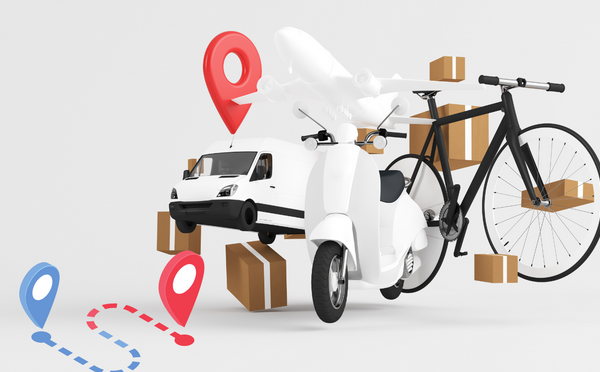Transforming Urban Deliveries for a Greener Tomorrow
The last mile of delivery—the final leg of a product’s journey from a distribution hub to the customer’s doorstep—plays a crucial role in modern logistics. However, it is also one of the most challenging and environmentally impactful aspects of the supply chain. As urbanization and e-commerce continue to grow, so does the demand for faster, more efficient deliveries. Yet, this surge in demand has led to increased traffic congestion, air pollution, and carbon emissions, highlighting the need for sustainable solutions.
Why is Last-Mile Logistics So Problematic?
Traditional last-mile logistics rely heavily on fossil-fuel-powered vehicles, leading to significant CO₂ emissions. Additionally, inefficiencies such as empty return trips, poorly optimized delivery routes, and excessive packaging waste contribute to unnecessary environmental damage. Urban areas, in particular, experience traffic congestion, further increasing emissions and delivery delays.
Sustainable Approaches to Last-Mile Delivery
To address these challenges, logistics companies, policymakers, and urban planners are shifting towards greener alternatives:
✔ Electric and Hybrid Vehicles: Transitioning to zero-emission electric vans, bikes, and drones can significantly reduce the carbon footprint of deliveries.
✔ Optimized Routing and AI Technologies: Smart logistics software helps plan efficient delivery routes, reducing fuel consumption and improving speed.
✔ Micro-Fulfillment Centers: Establishing small, localized hubs within cities helps shorten delivery distances, cutting down emissions.
✔ Consolidated Deliveries: Grouping multiple orders in a single trip or partnering with other companies to share transportation resources minimizes unnecessary travel.
✔ Sustainable Packaging: Using biodegradable materials and reducing excess packaging waste further supports environmentally friendly last-mile logistics.
Education: The Key to a Greener Supply Chain
A crucial element in achieving sustainable logistics is educating professionals in the sector. By equipping logistics managers, delivery drivers, and supply chain operators with knowledge about sustainable practices, the industry can take meaningful steps toward reducing its environmental impact.
As cities continue to grow and consumer expectations shift towards faster, greener, and smarter deliveries, the transformation of last-mile logistics into an efficient, low-emission system will be essential for both businesses and the environment. The future of last-mile delivery is not just about speed and convenience—it’s about sustainability and responsibility.
🔗 Learn more here: https://ecomile.eu/en/welcome/

